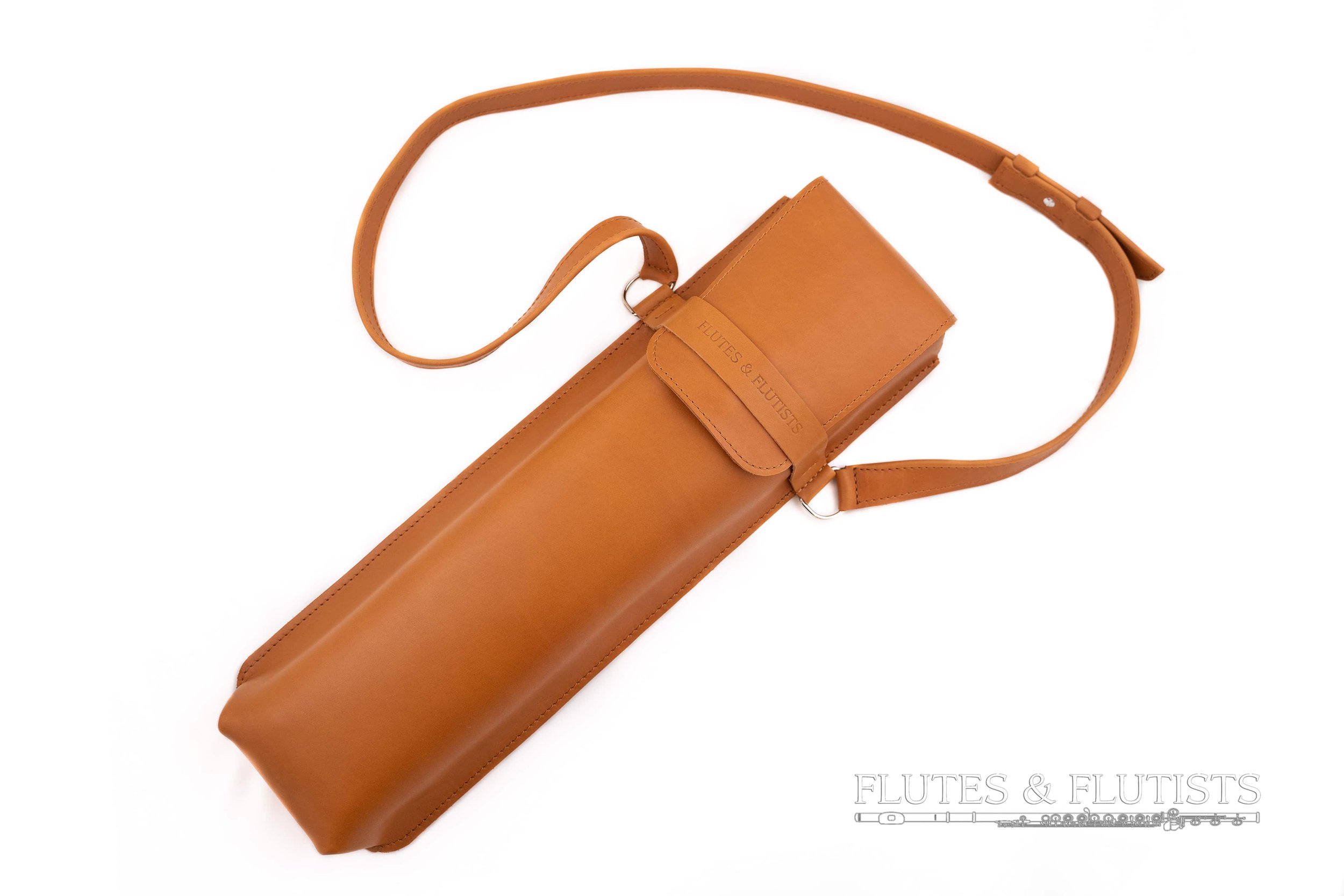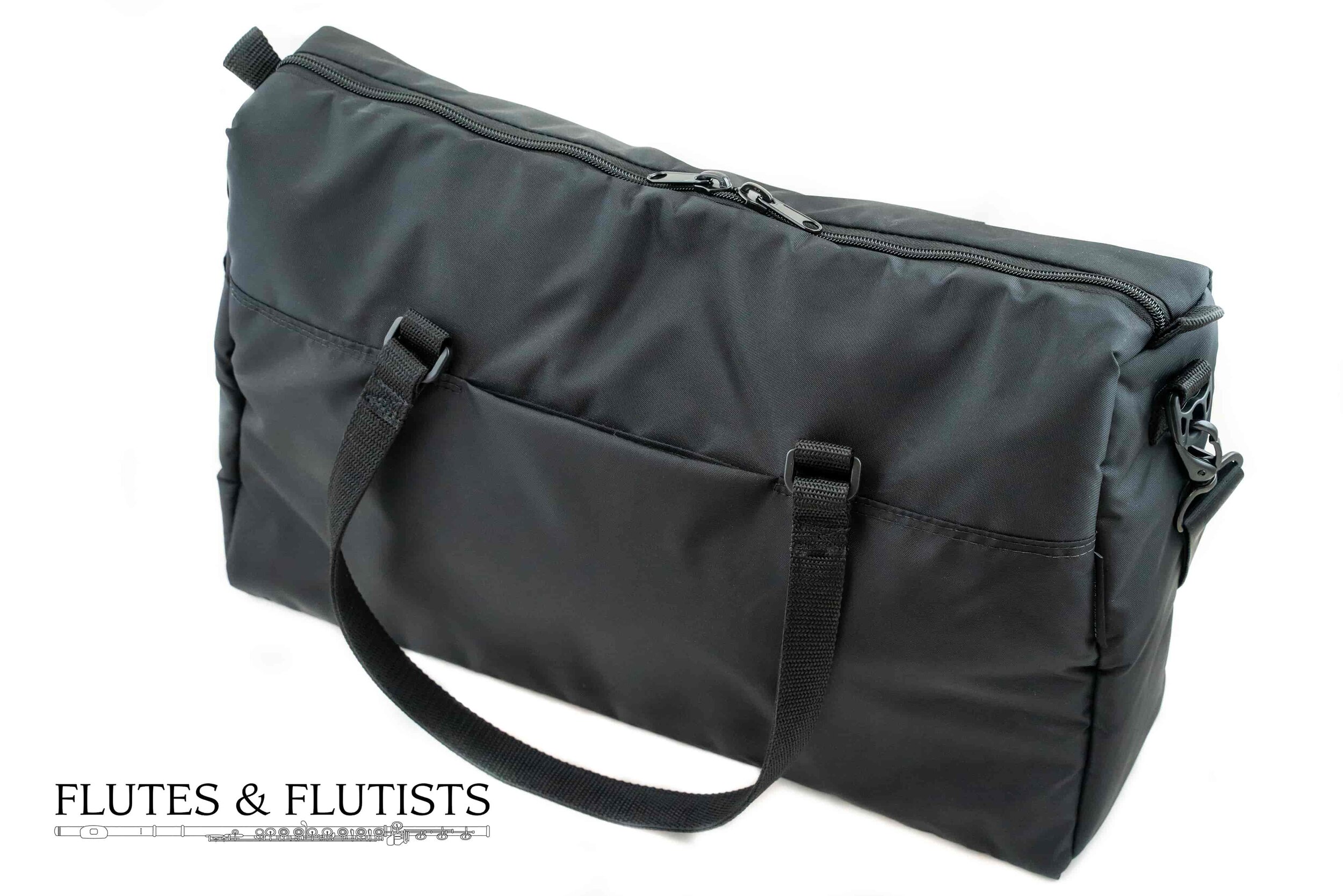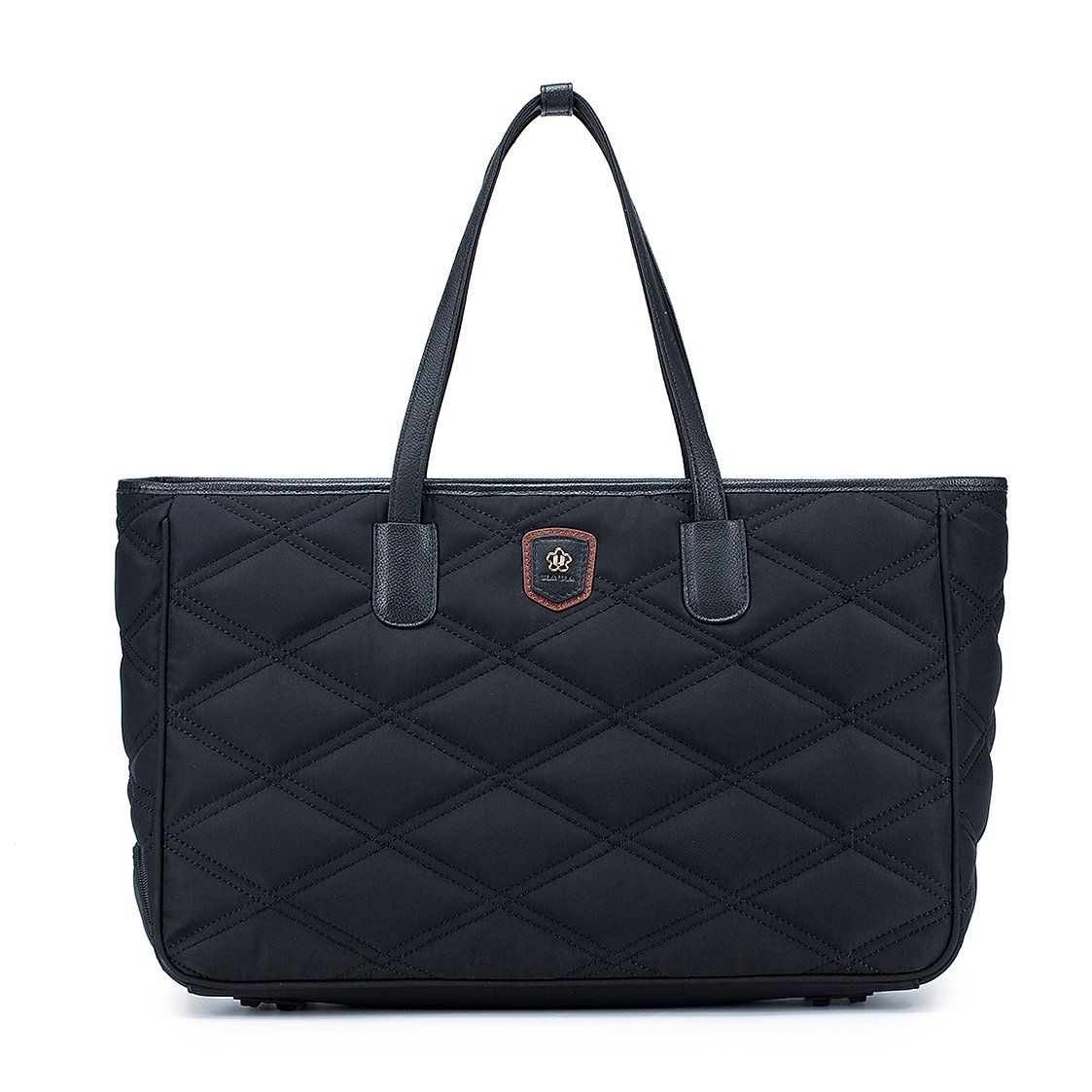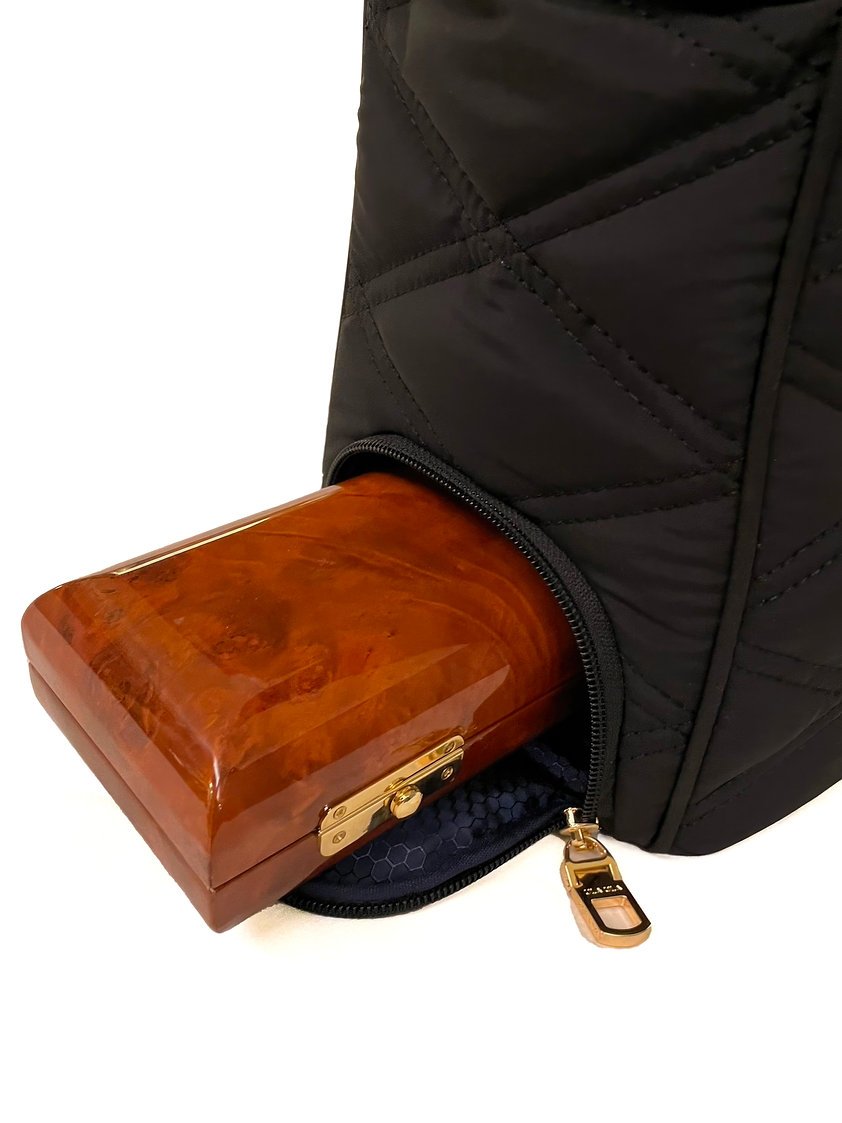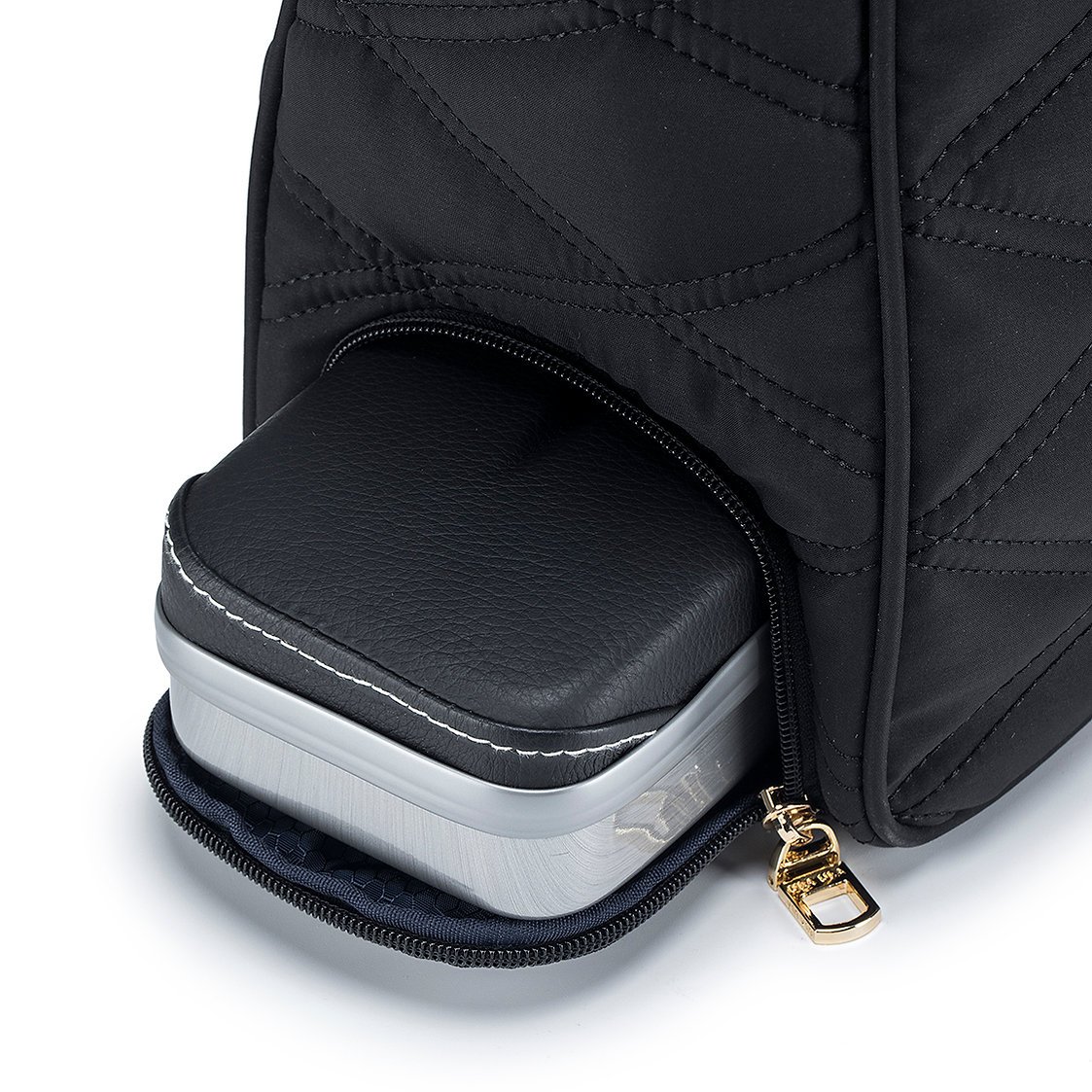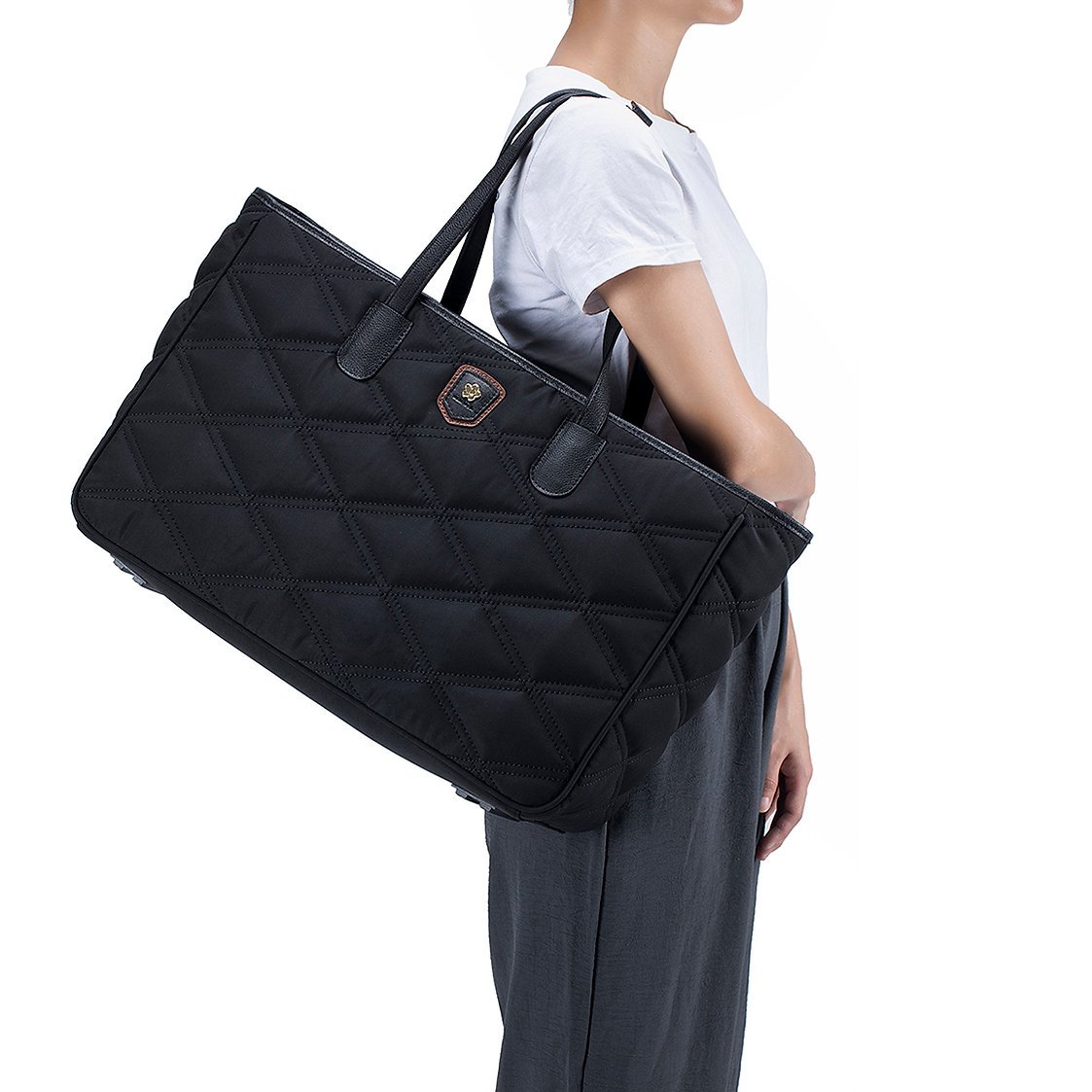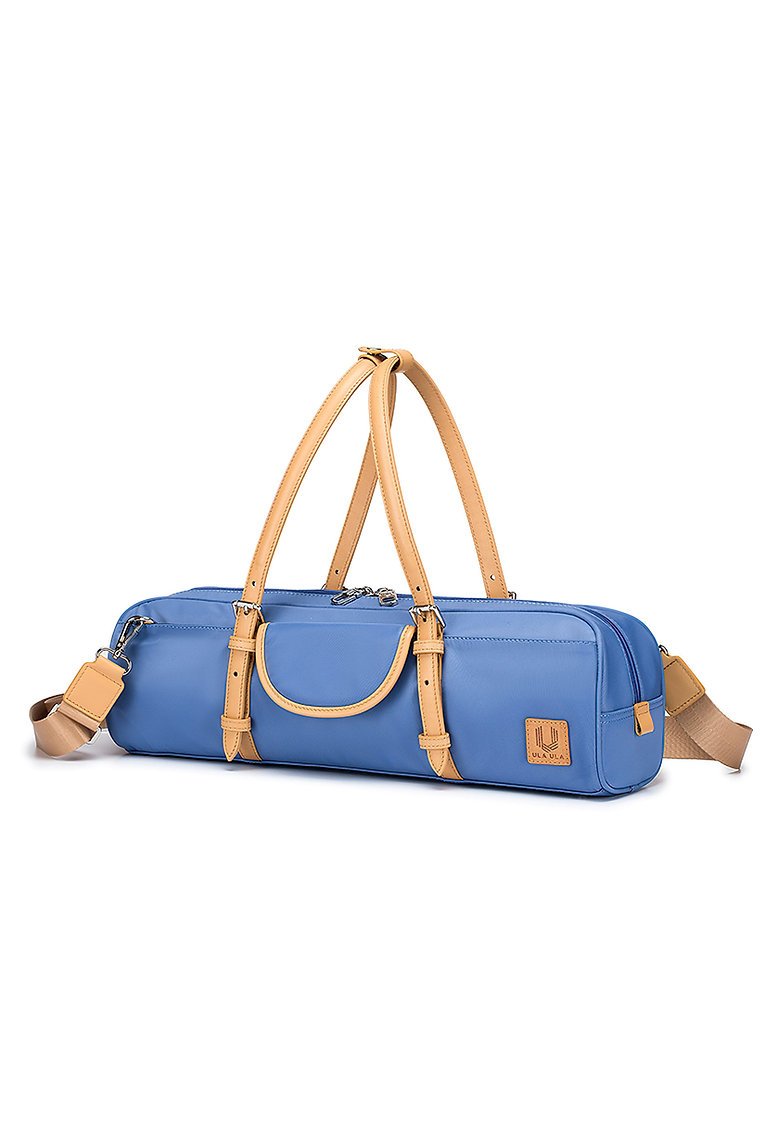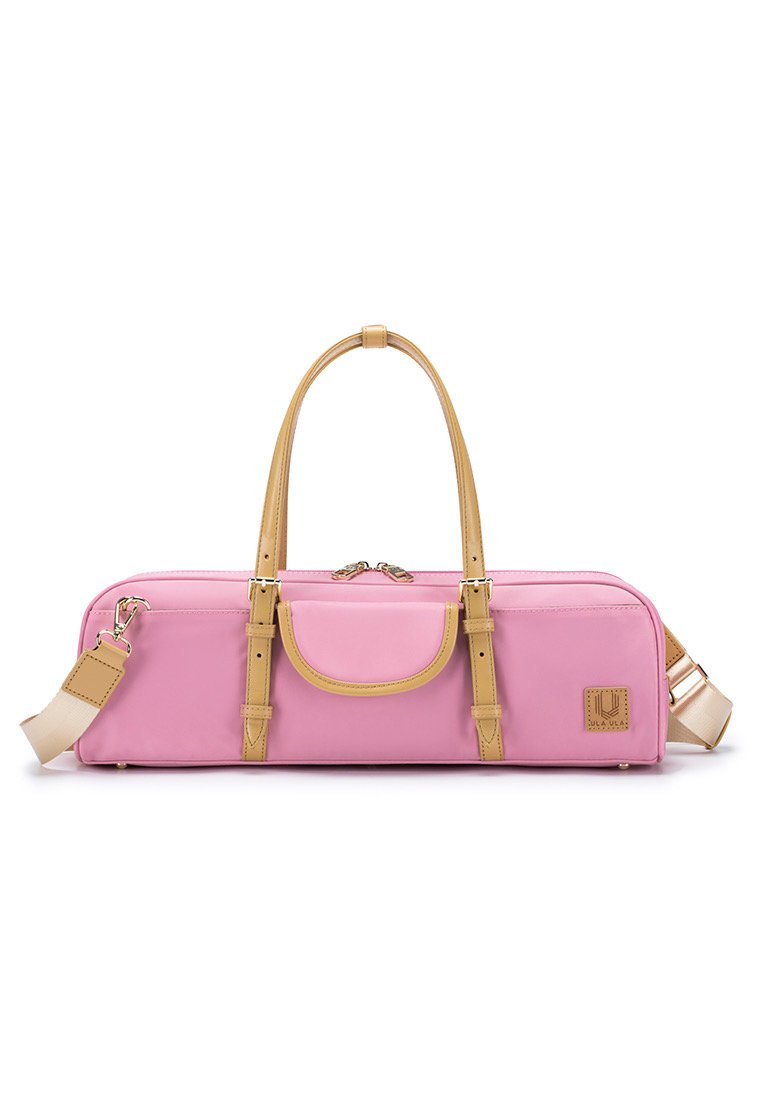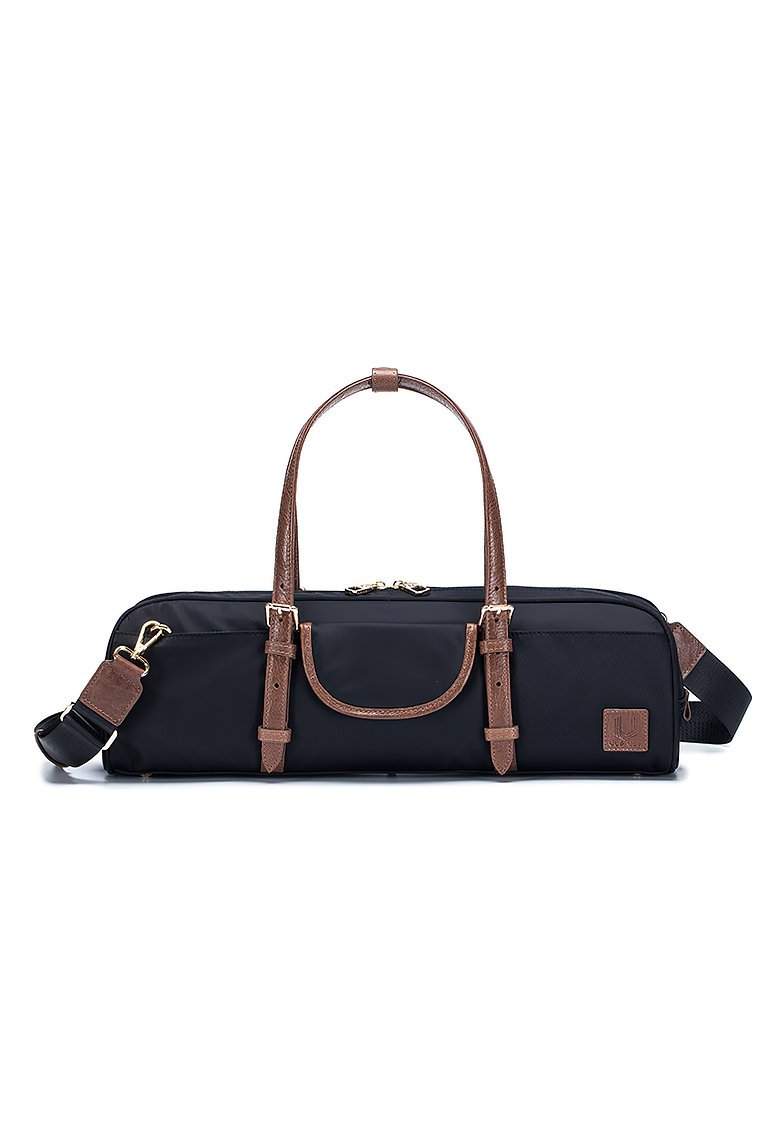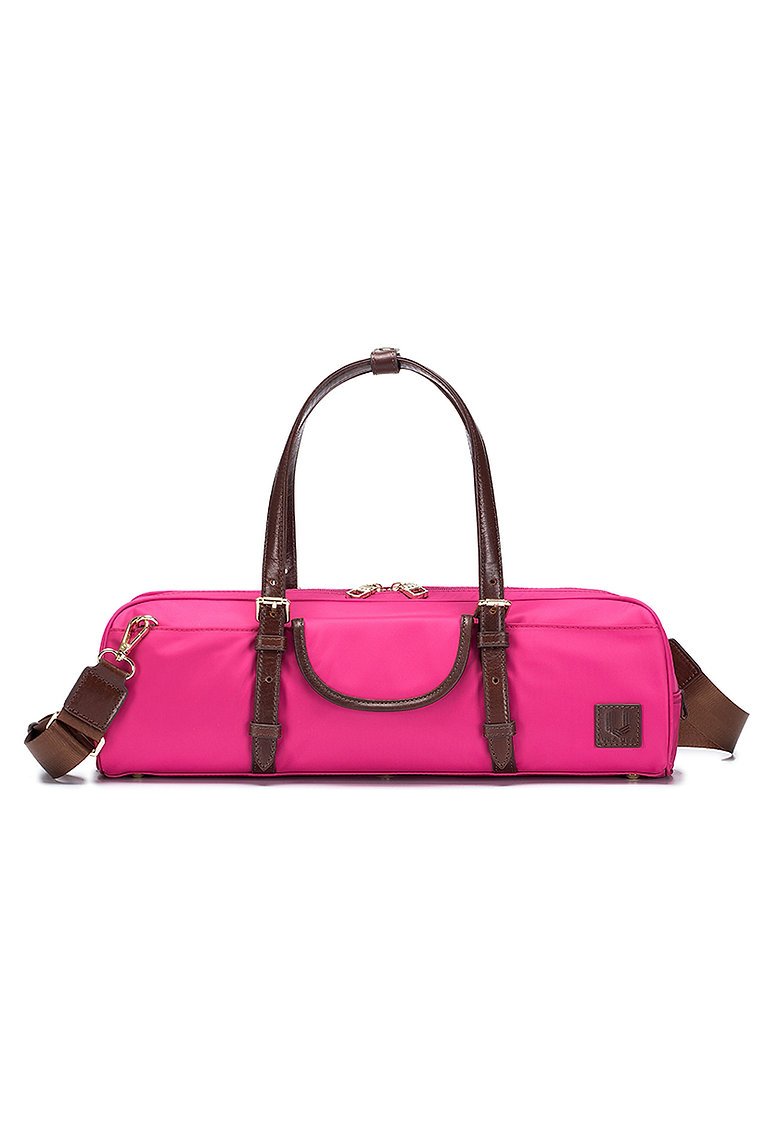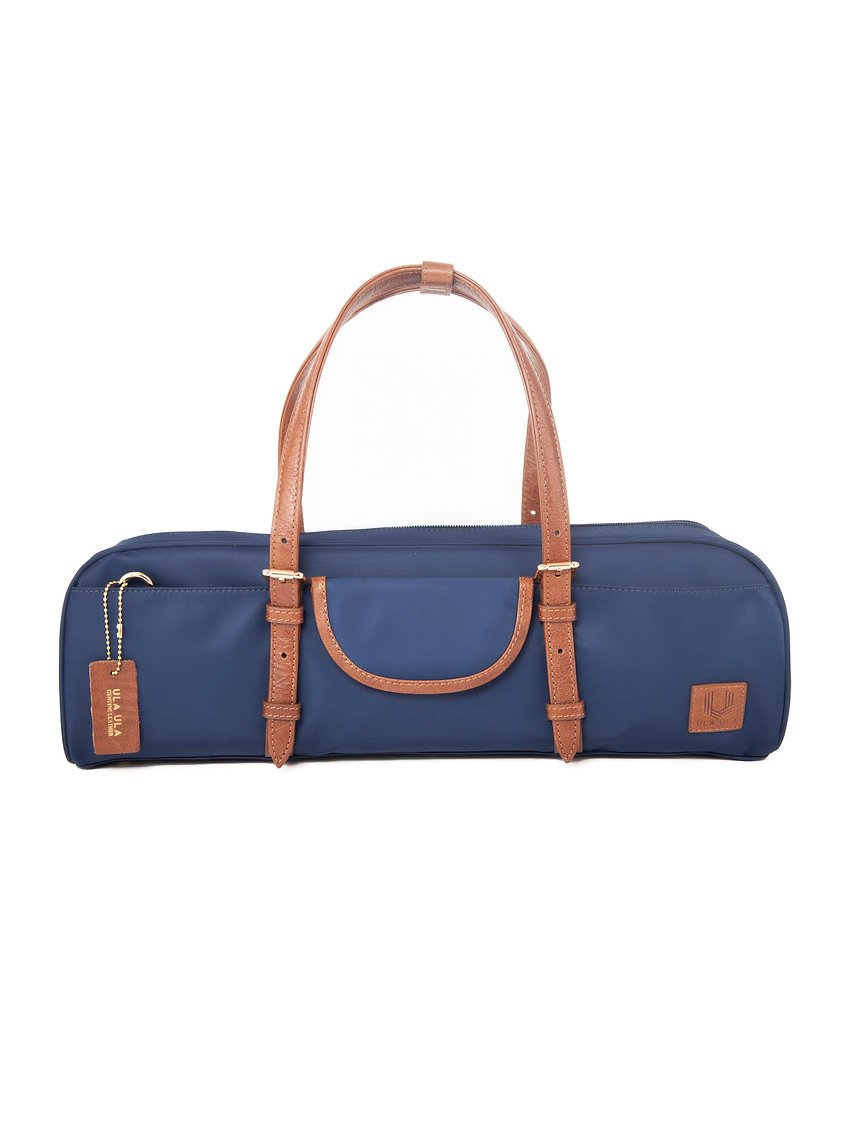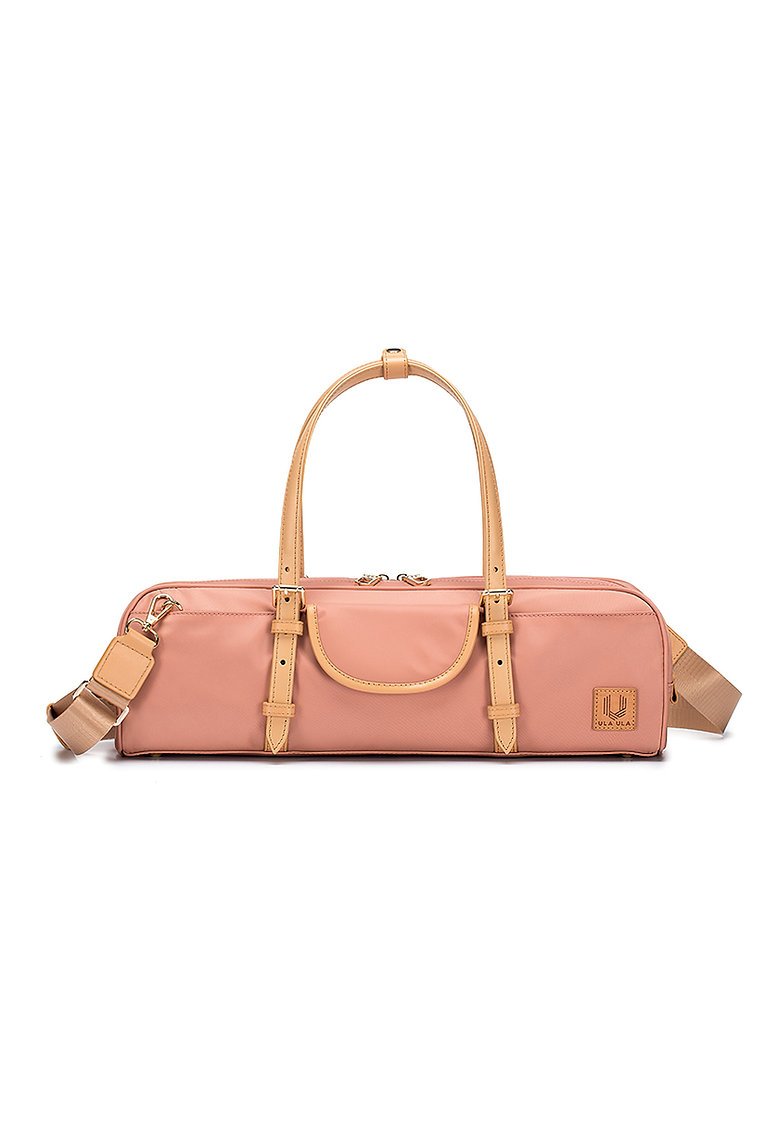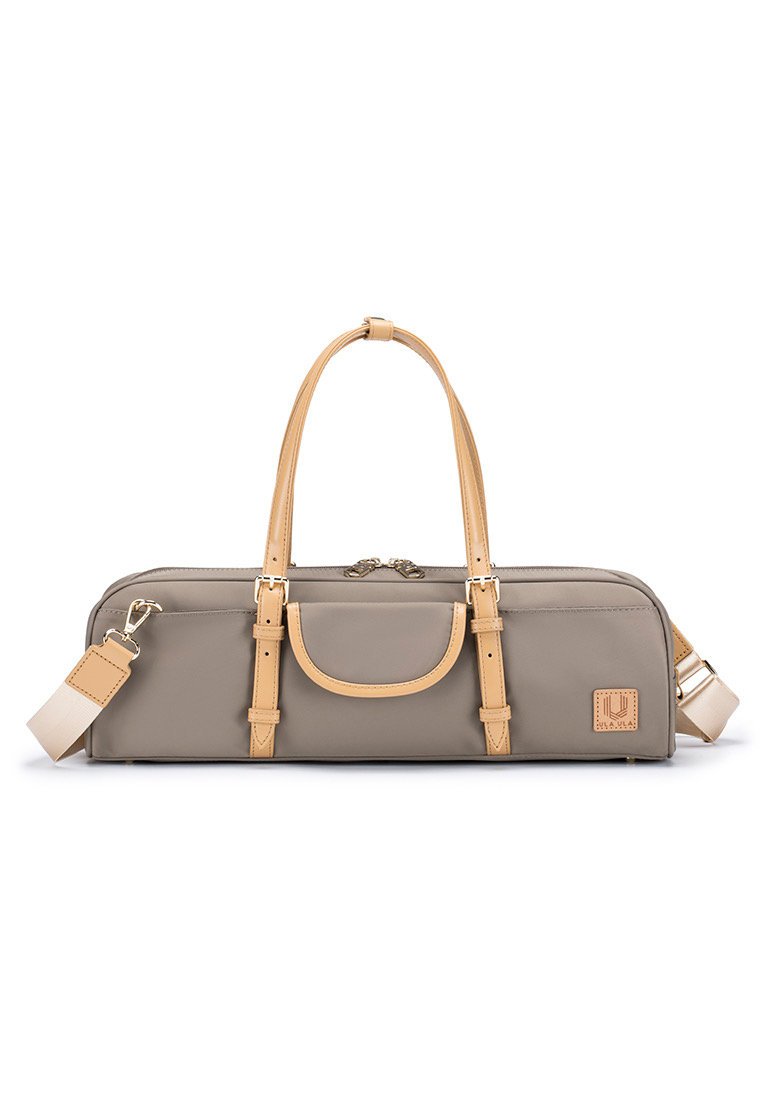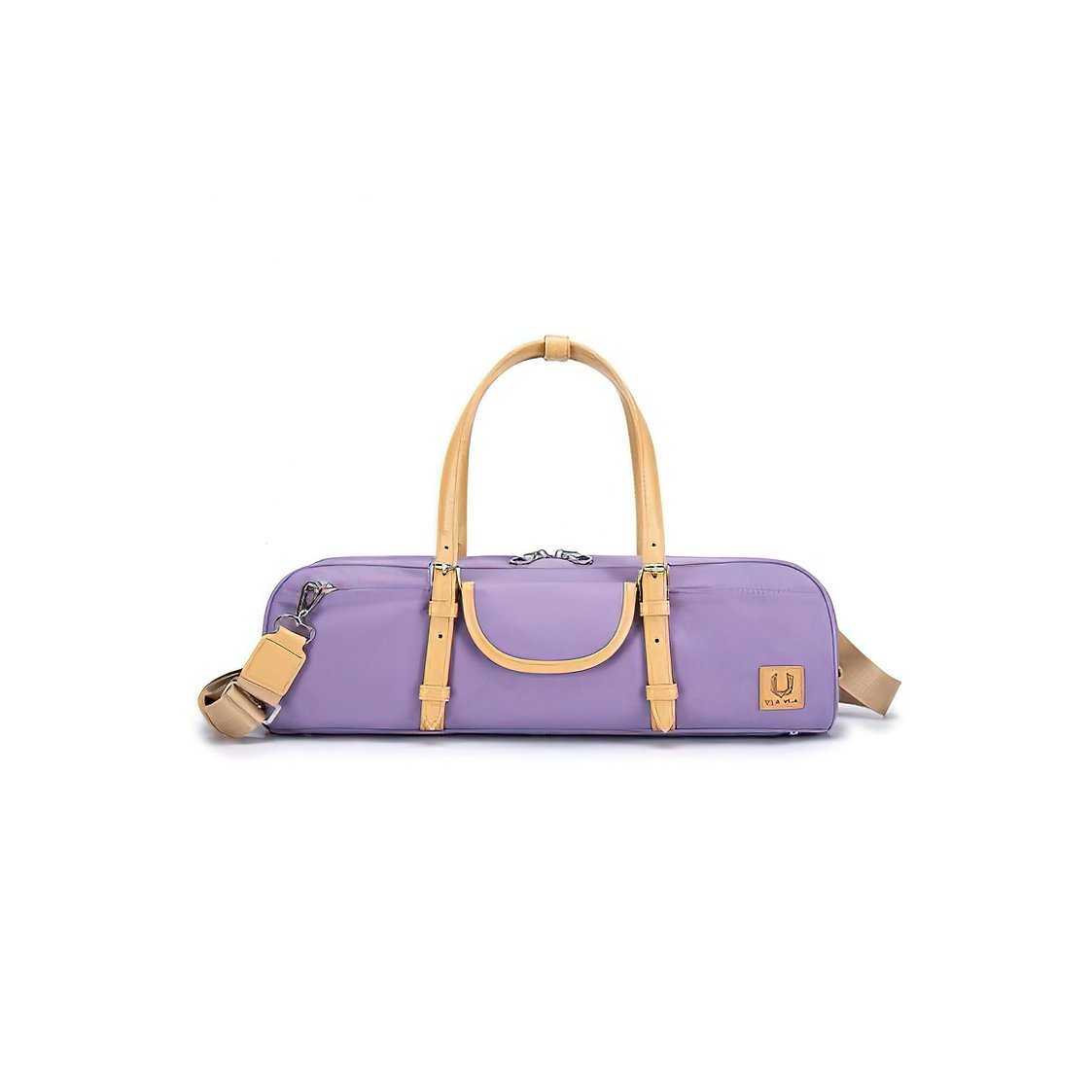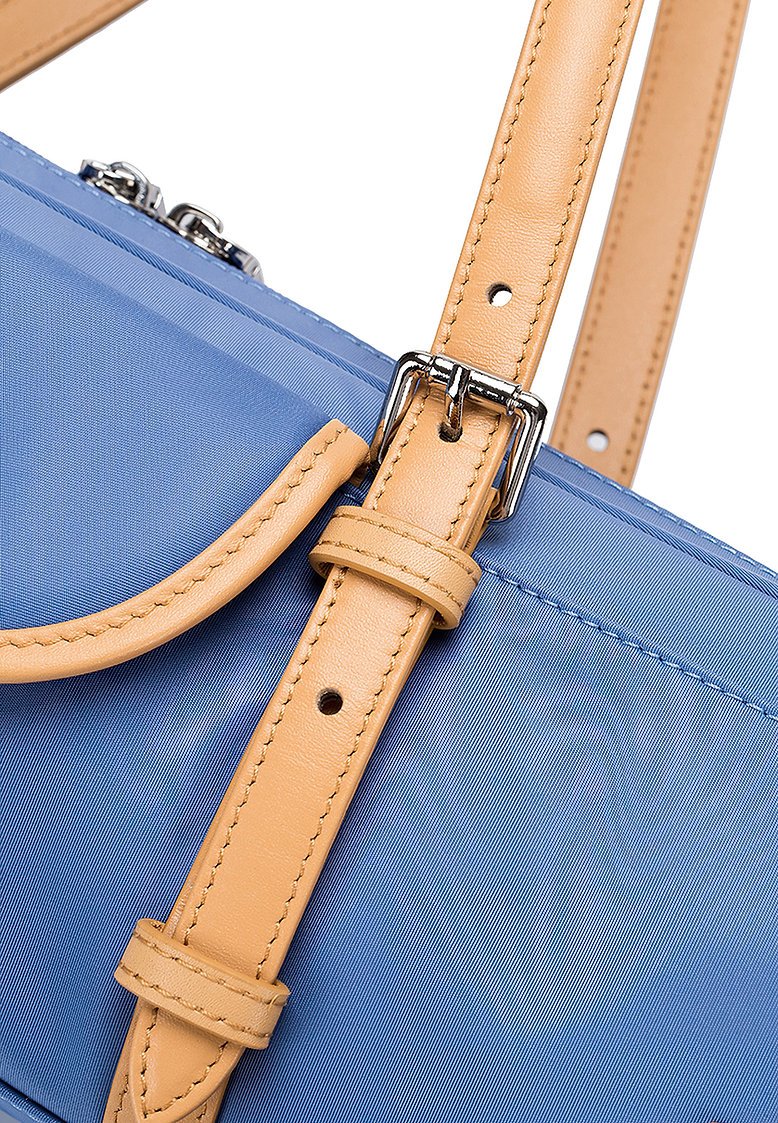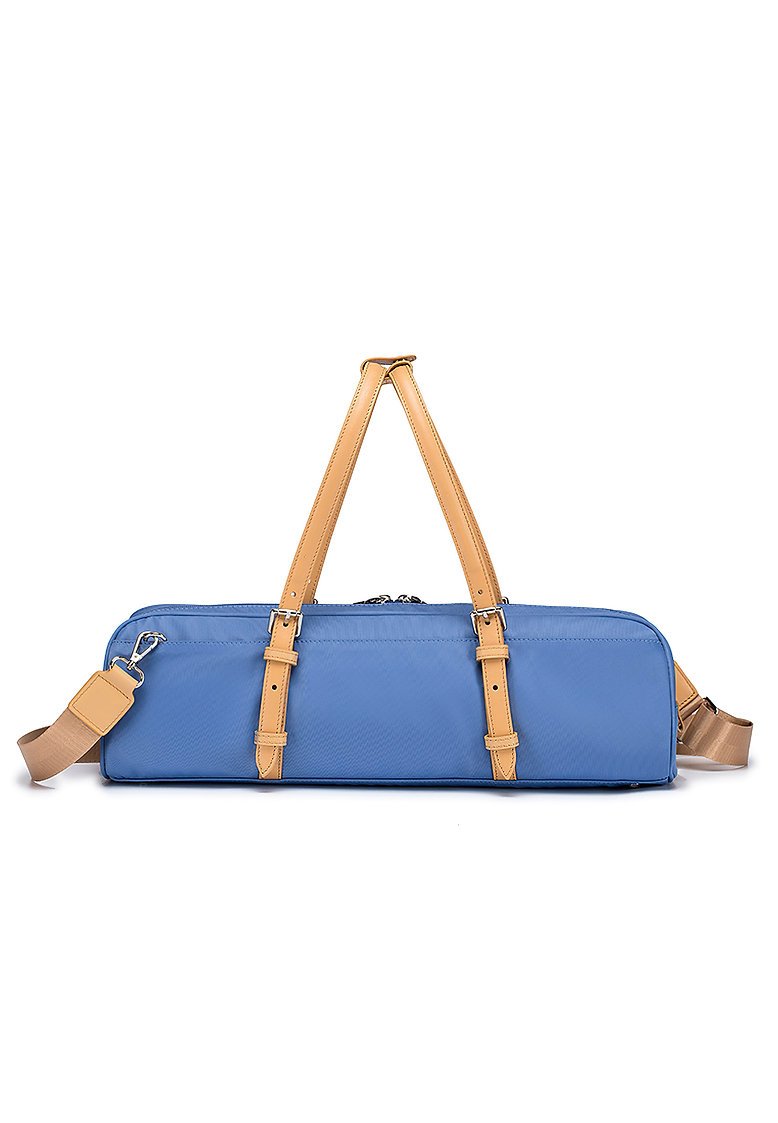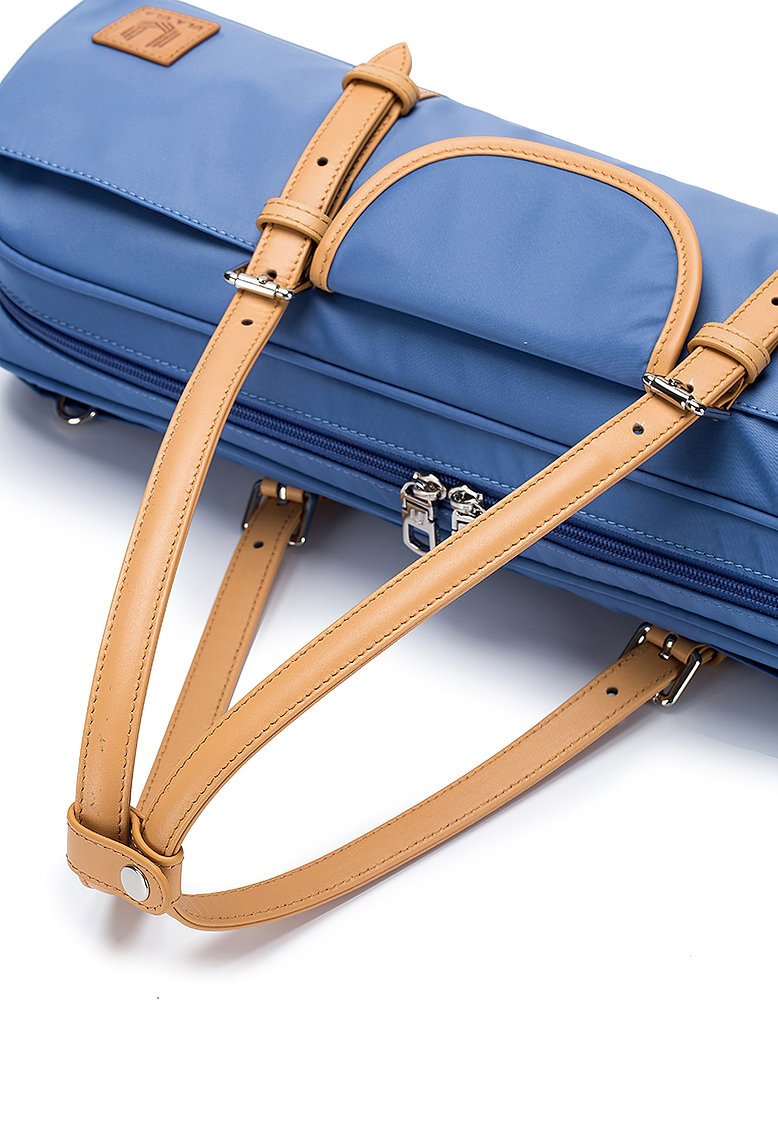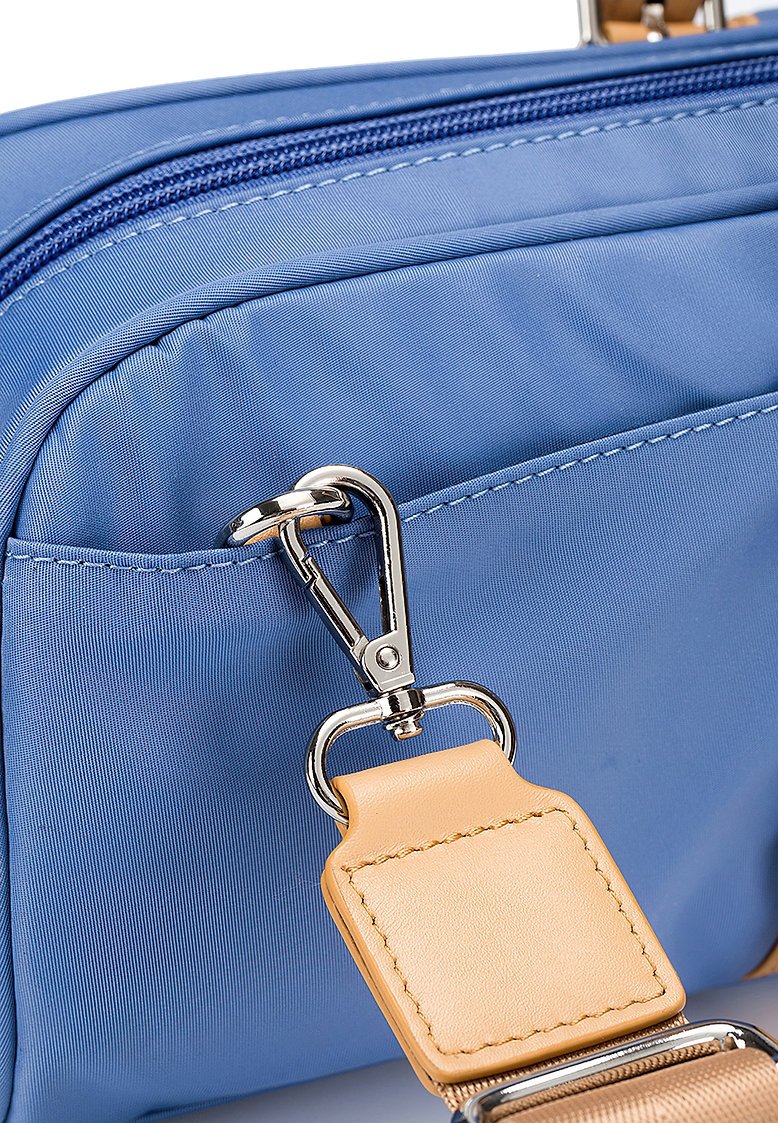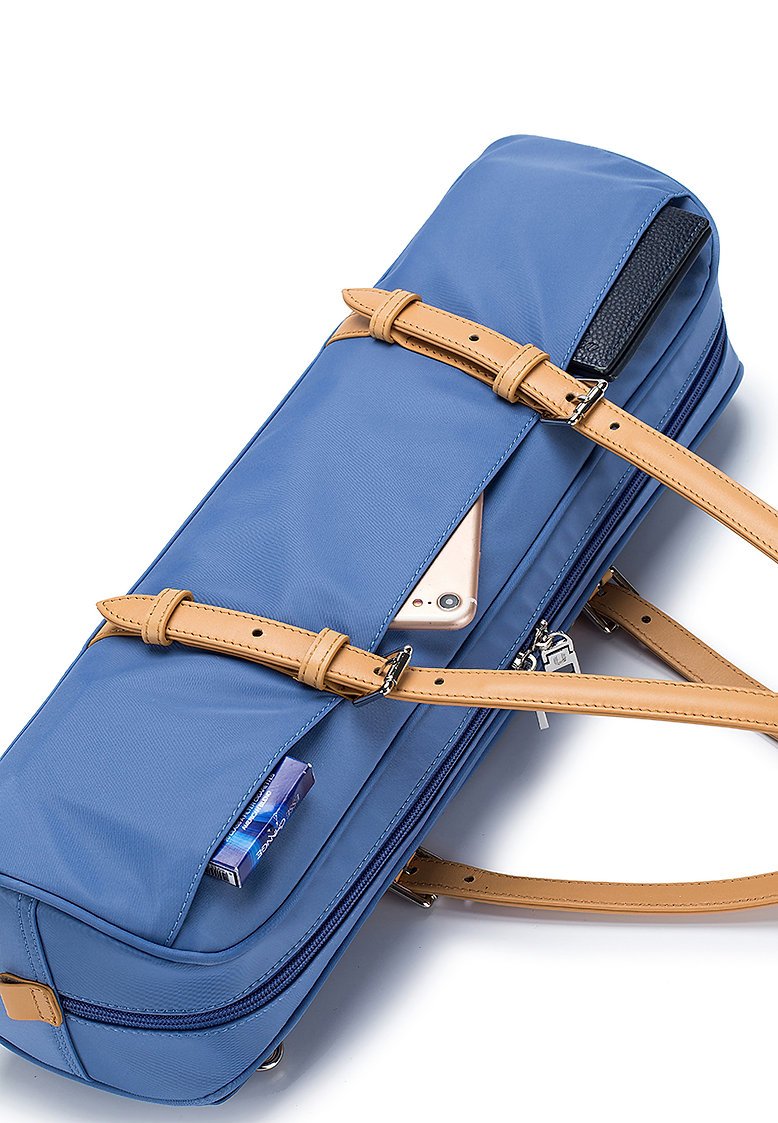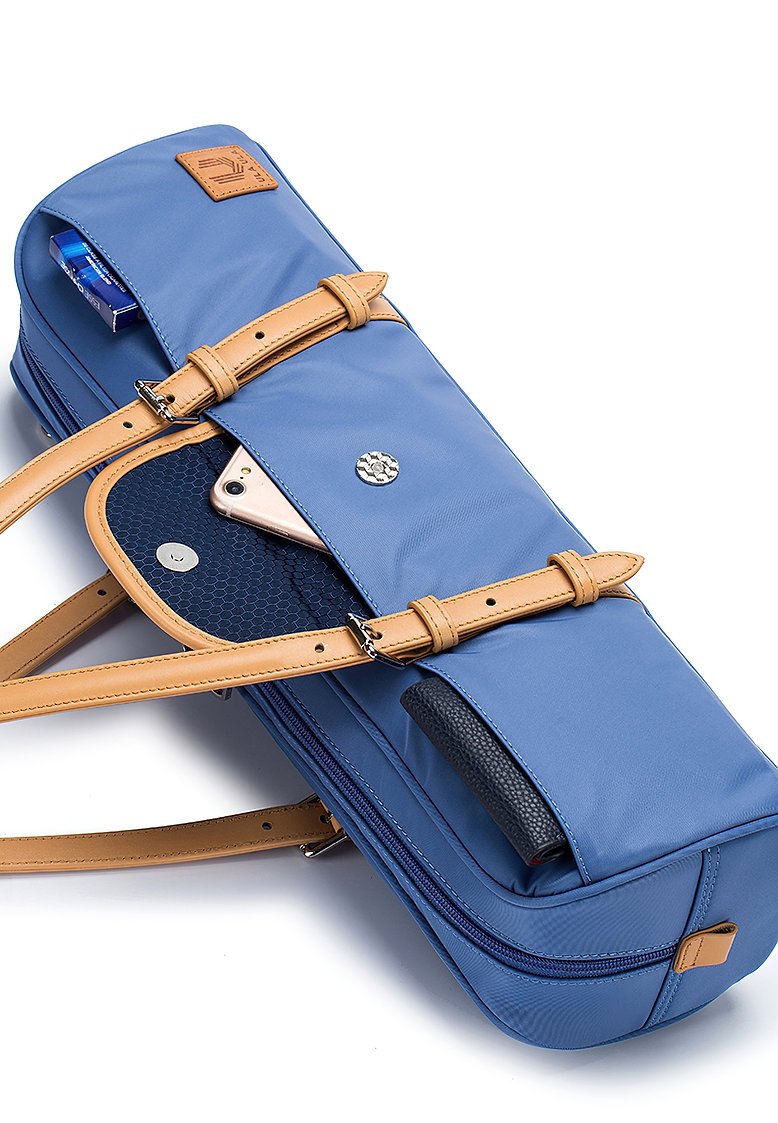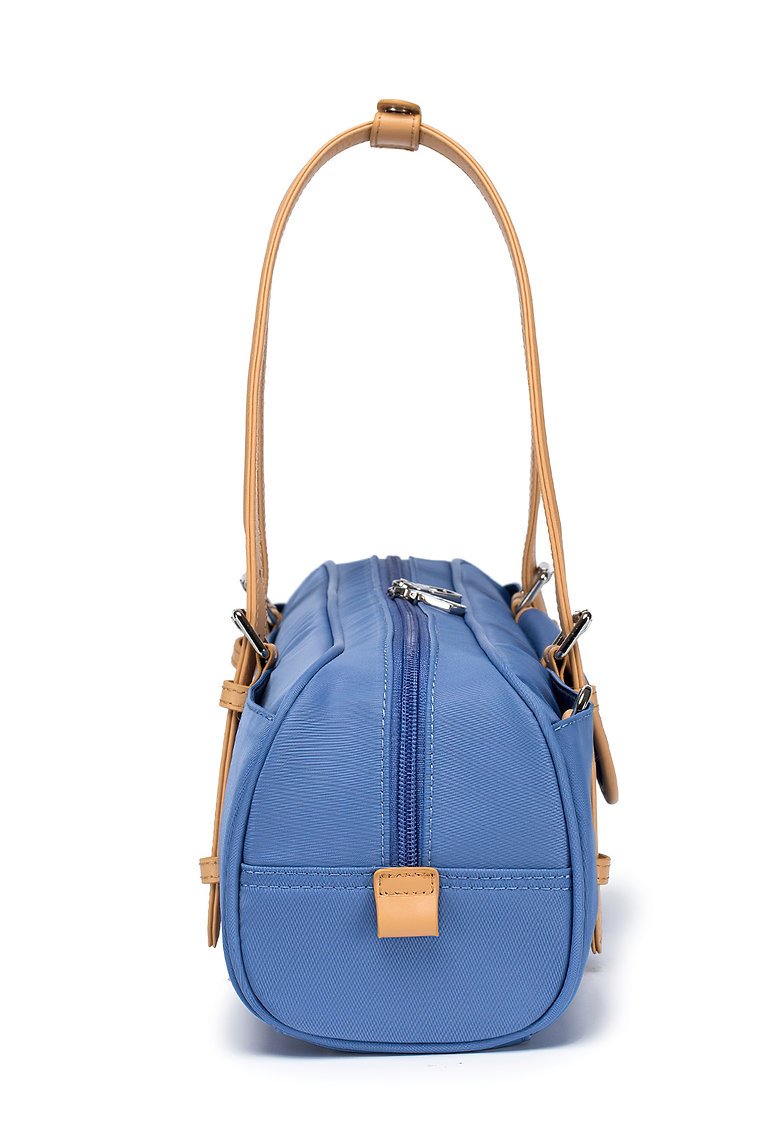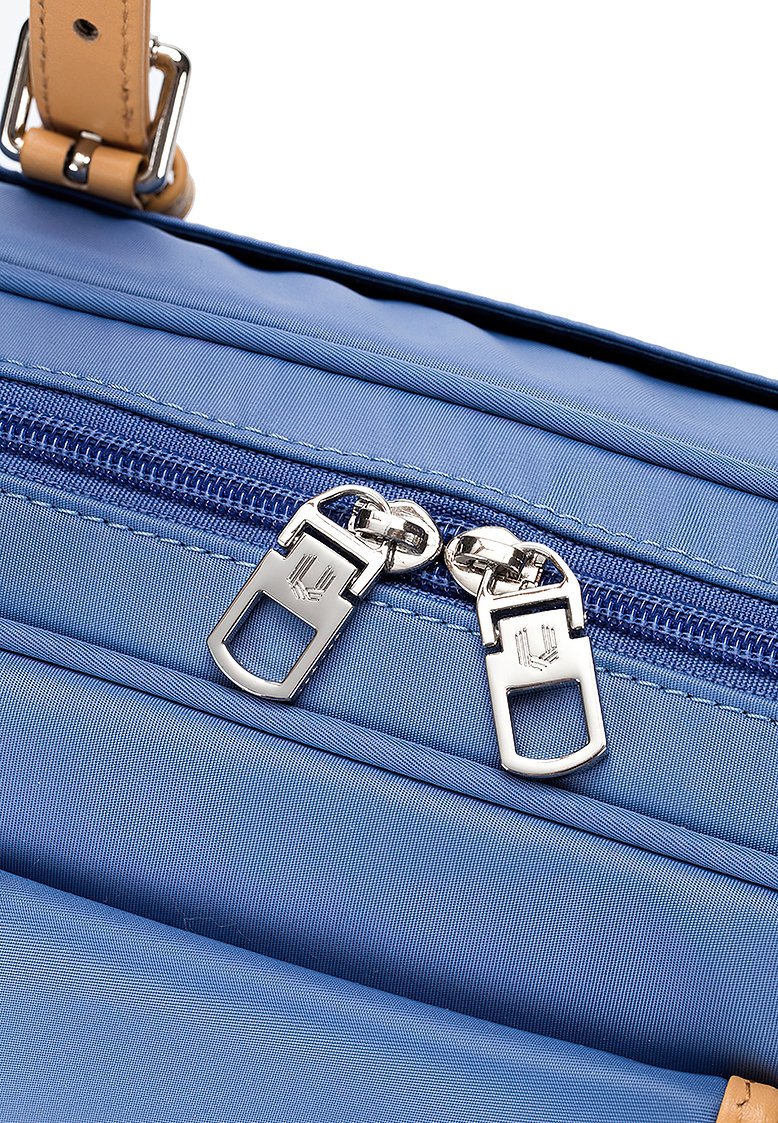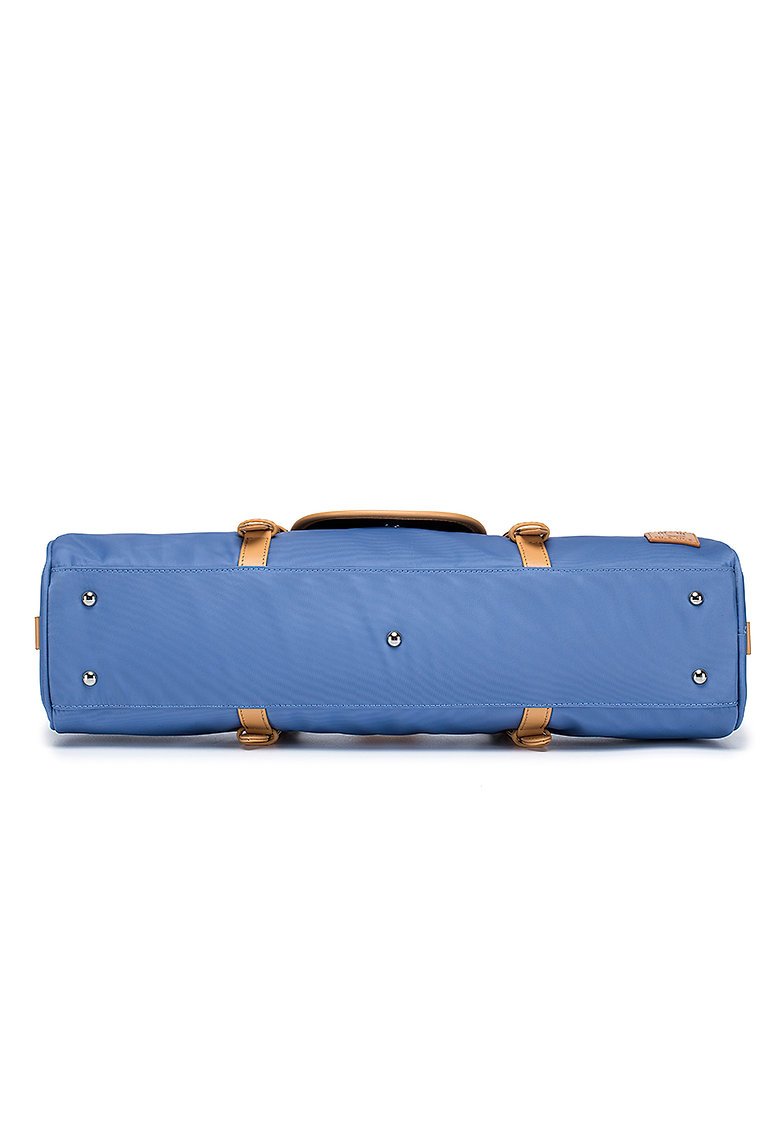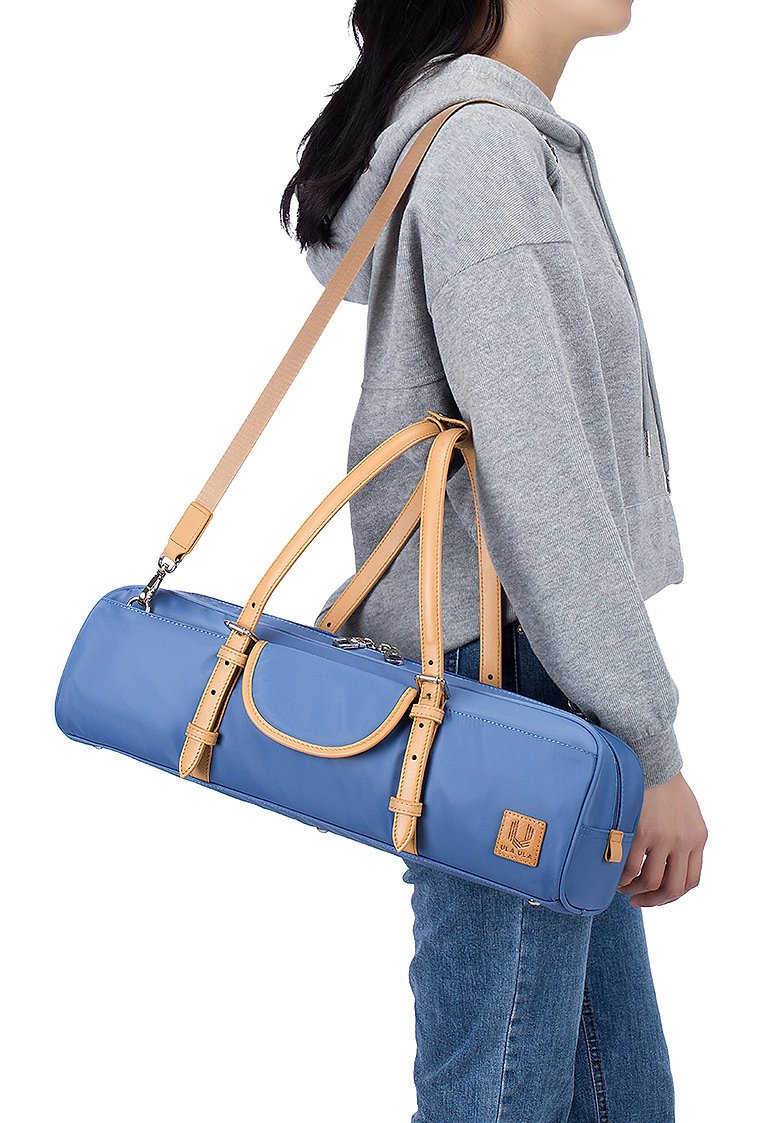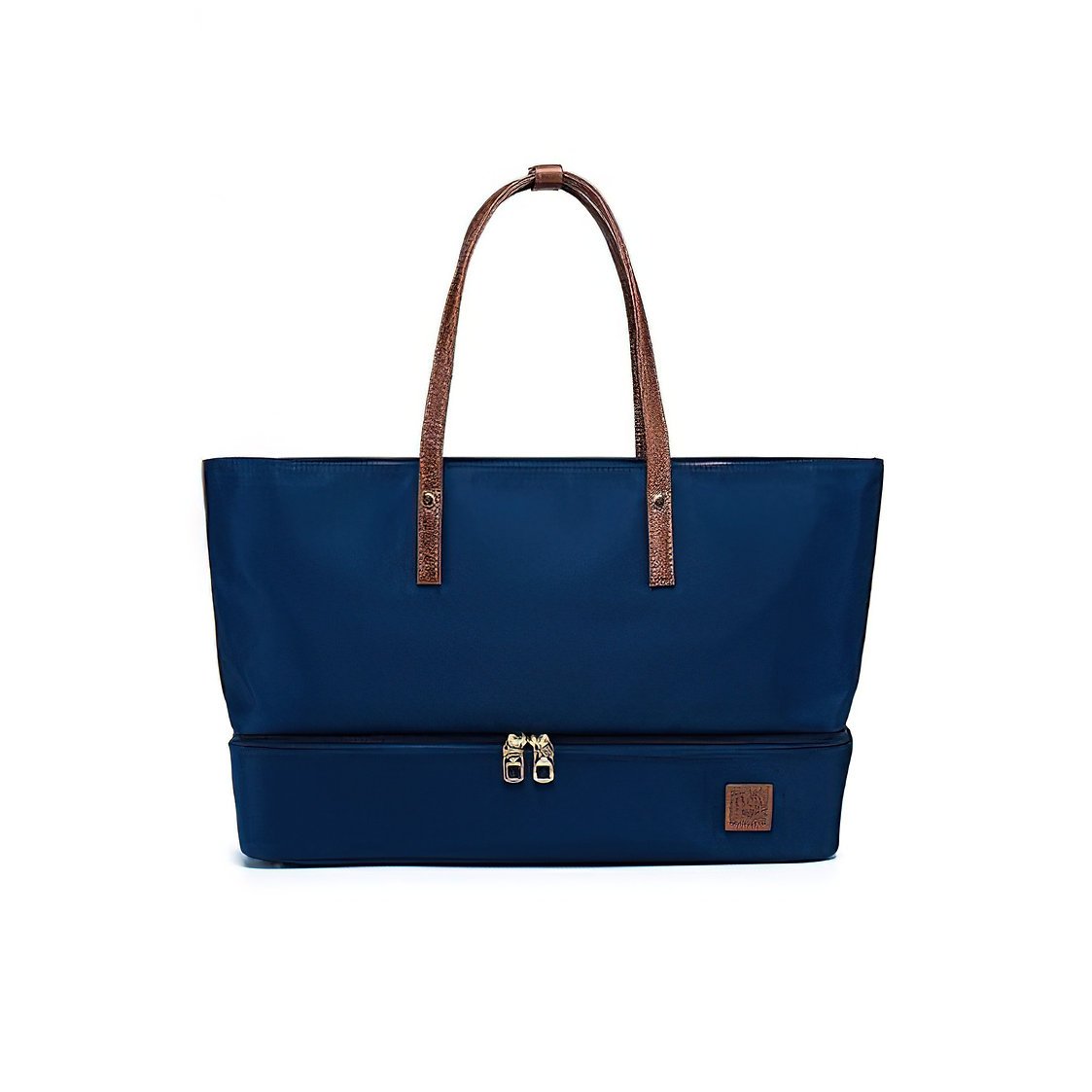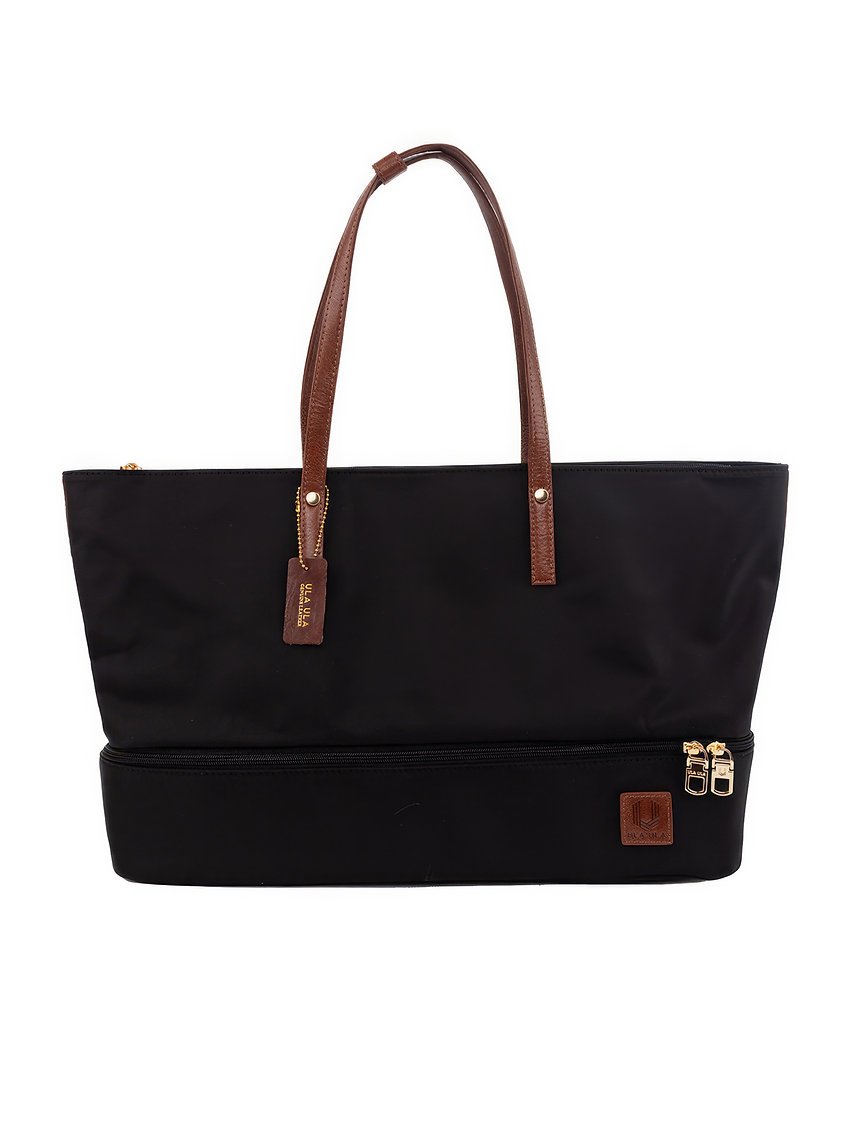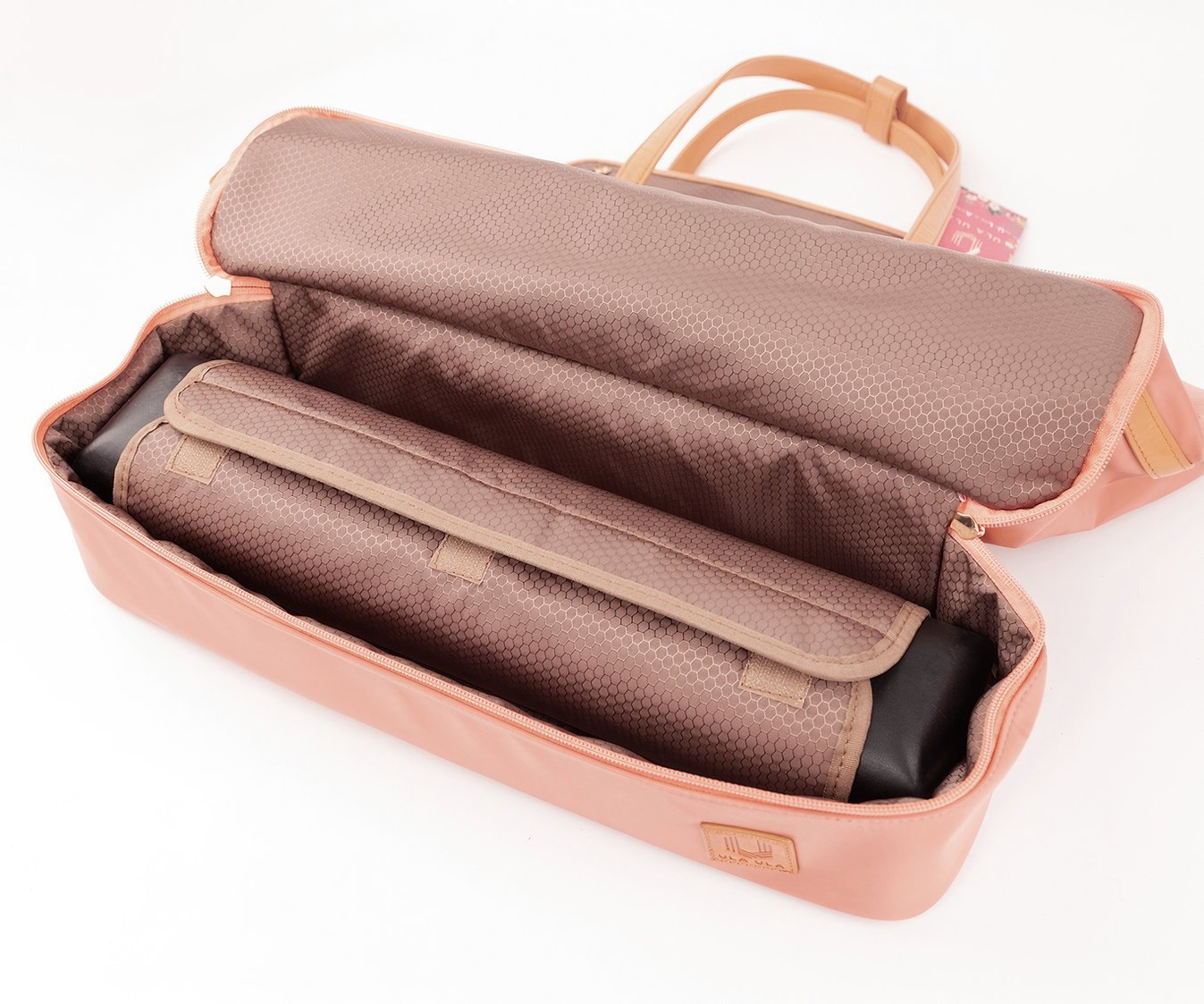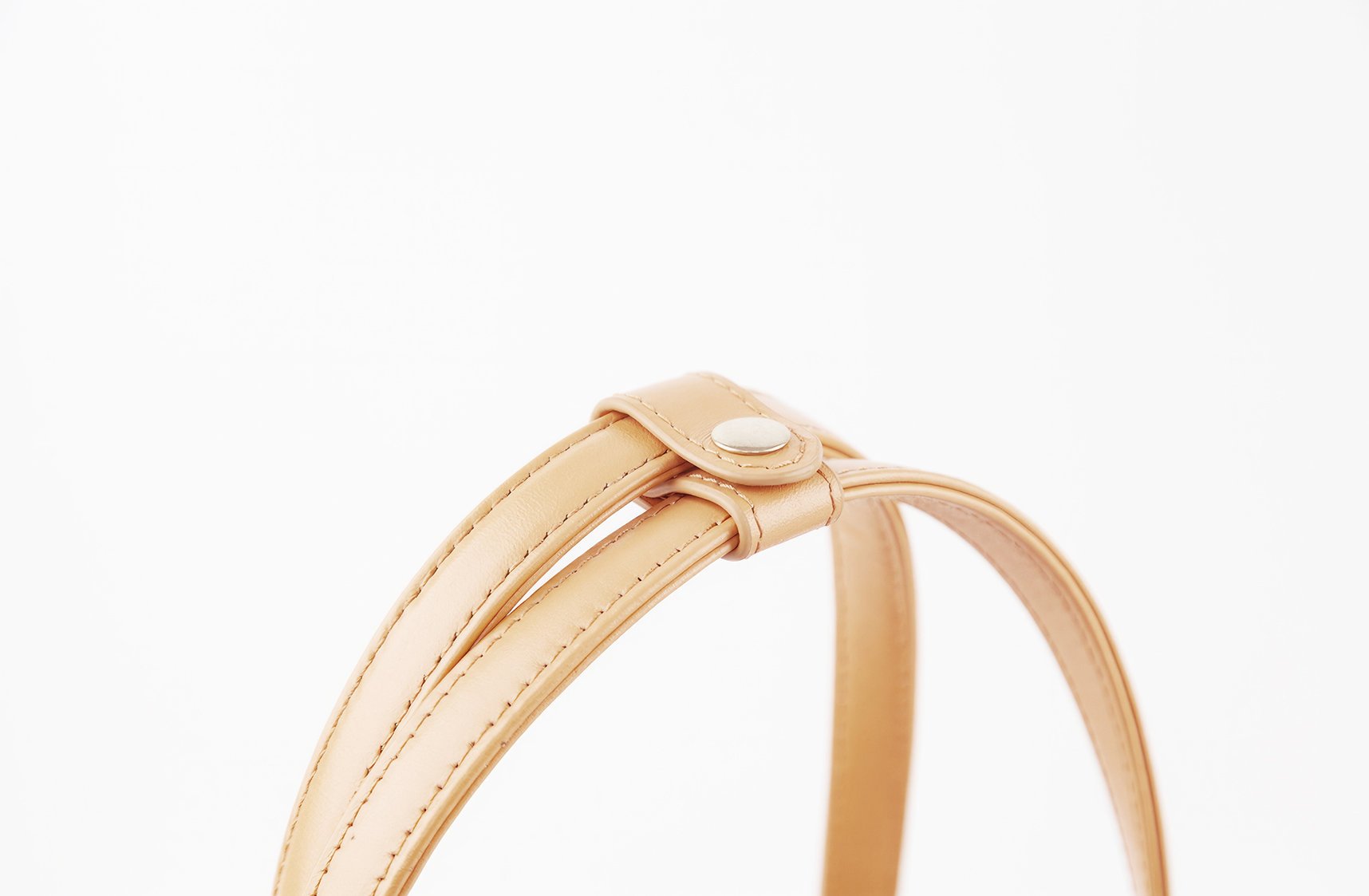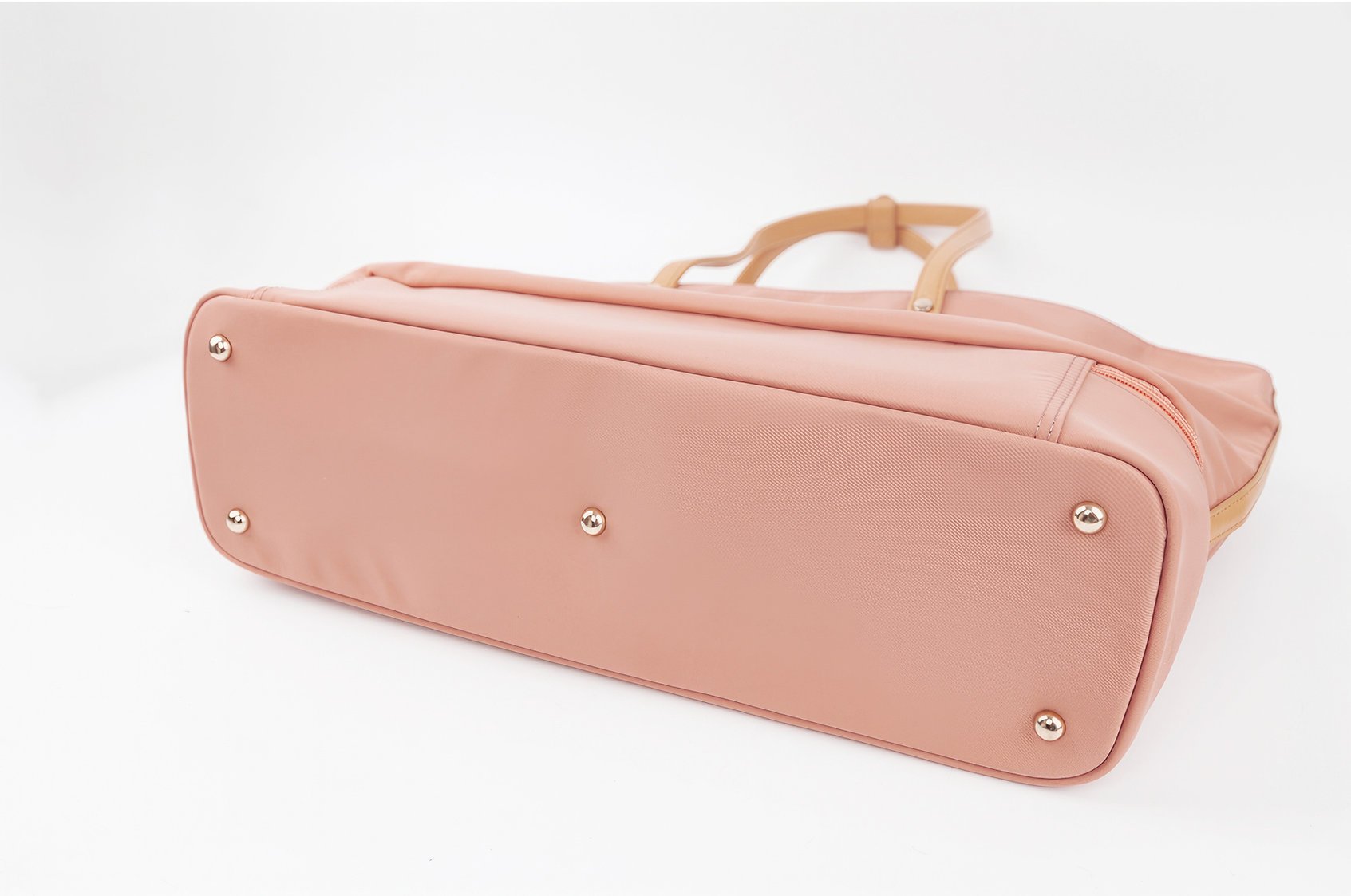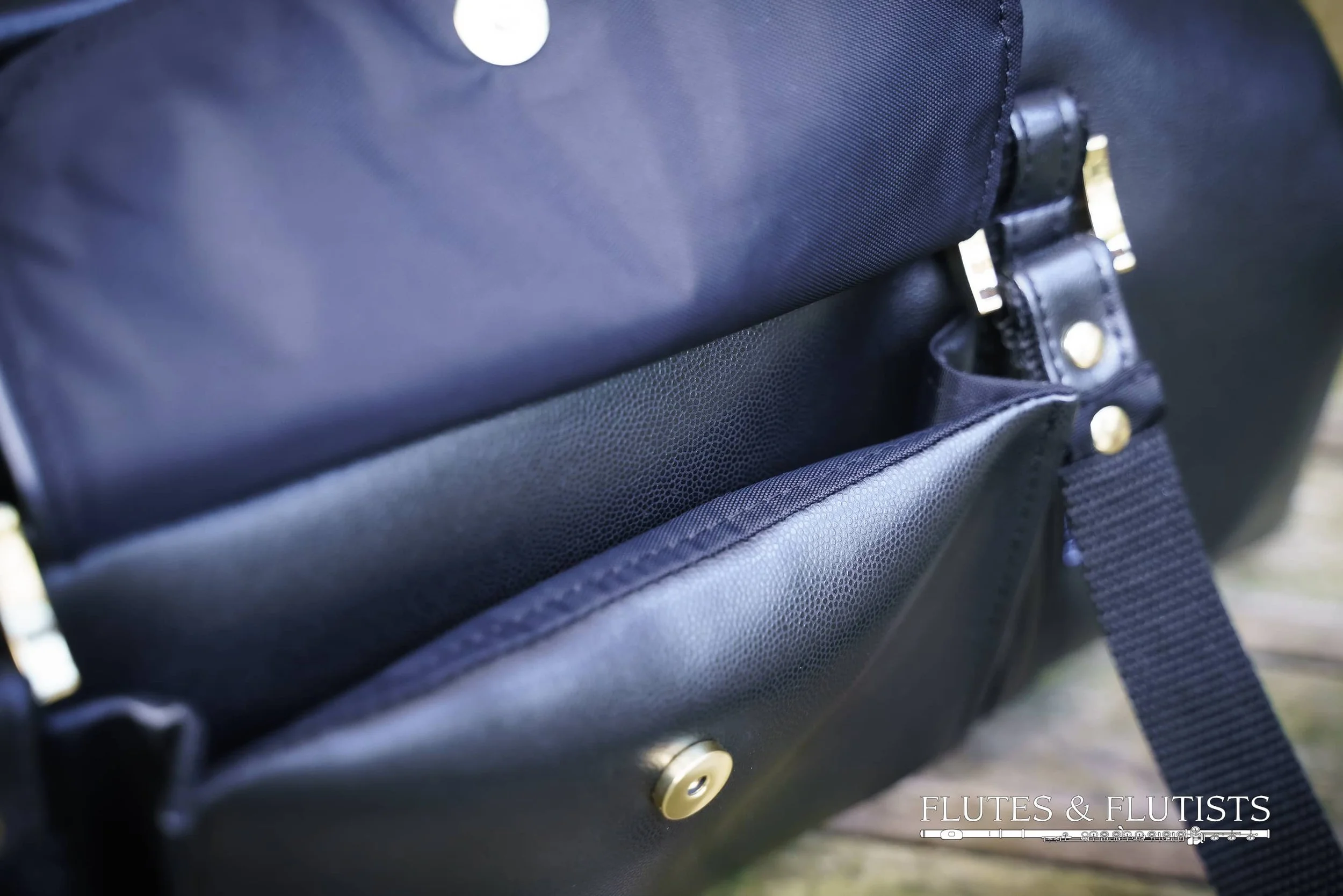The Altesse was designed in collaboration between Flutes & Flutists and Les Atelier Clery, a small, boutique workshop based in the Auvergne-Rhône-Alpes region of France. Our goal was to create a subtle and elegant flute bag that allowed the wearer to express their own individuality. Its impact to the environment, as well as the use of discarded animal products were also of paramount importance to us. For these reasons, we are proud to collaborate with the fine craftspeople of Les Atelier Clery and bring these bags to the Australian market.
Tanned leather, more respectful of the environment
Tanning is the step that transforms hides into leather. The tannins make the hides rot-proof and resistant, and colour them. Vegetable tanning is the oldest natural method: it uses tannic plants such as bark, berries, fruit shells, extracts of plants such as chestnut, oak, mimosa, sumac and quebracho.
Vegetable tanned leather has beautiful natural colours that allows for deeper and more nuanced shades which patina with time. Vegetable tanning produces a leather with natural colours. Its touch is softer and silkier. Vegetable tanning results in slightly stiffer and firmer leather, unlike chrome tanned leather.
Vegetable tanning is a more ecological alternative for dyeing leather. It is non-toxic, 100% biodegradable and uses a majority of natural ingredients, unlike conventional tanning which is of petrochemical, synthetic origin.
Leather, a responsible material by essence
The most important property of leather is that it is a responsible material in essence since it is a co-product of the food industry. The leathers we use do not come from animals raised for their skin. They are waste products from the food industry that the tanneries valorise.
Among the qualities of leather, we can also mention its unparalleled durability, lightness, resistance (to traction, flexion and abrasion), high potential of bio-degradability, and reparability.
None of the so-called alternative materials have the same qualities as leather. Studies show that most of these new materials are made up of a significant proportion of synthetic materials from petrochemicals.
There is no such thing as a zero ecological footprint. Leather manufacturing, like all material production, has an environmental impact. But European leather processing companies have embarked on a process of significant reduction of water, resources and energy consumption at all stages of production.

